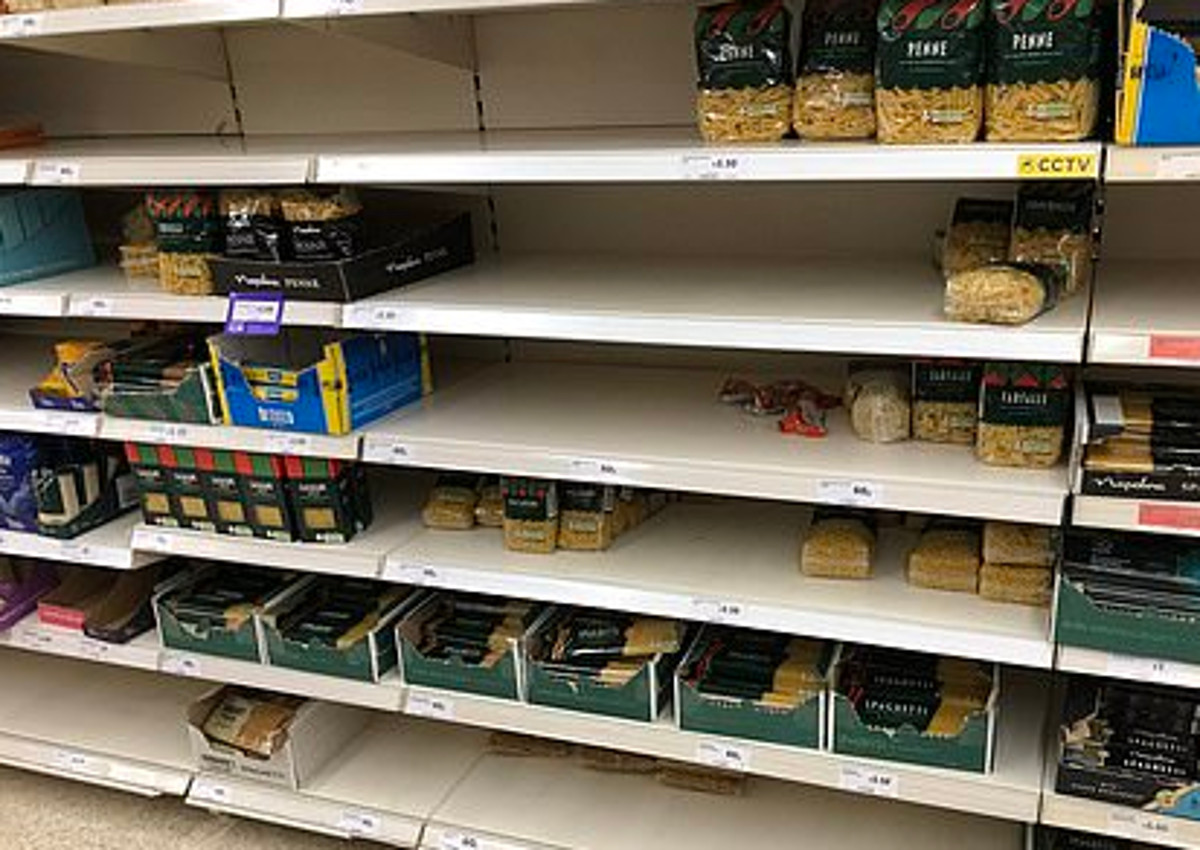
Following the social distancing measures put in place in the UK since 16th March, retailers are making changes in how they operate as they react to the new norm that coronavirus pandemic is imposing.
The outbreak of the coronavirus is unprecedented and its impact on the retail sector has been profound. As early as late February retailers were bracing themselves for a spike in demand and even ahead of the measures introduced last week regarding social isolation, some 10% of shoppers had stockpiled goods according to Mintel’s latest data (consumers questioned on 13th March).
CORONAVIRUS AND STOCKPILING EFFECT
Whilst this is a minority of consumers, such a spike is enough to place significant strain on retailers’ stock and logistic networks and of course causes unavailability. Initially these were small, but pictures shared on social media and the news increased interest in the issue and naturally others considered the same behaviour and it became a self-fulfilling prophecy.
The out-of-stock items were initially confined to a select few categories; cleaning products and toilet rolls were the first to experience the impact, but as the stockpiling trend has grown other categories have faced pressure – with packaged bread and chicken currently in high demand. What is notable about this, is that it is showing the same pattern Mintel observed in China during the outbreak, with staples and ambient in high demand in the early days of the outbreak/lockdown.
A BOOST TO FRESH AND HEALTH CATEGORIES?
As the situation develops and individuals are being forced to spend longer indoors, the focus is moving to health and fresh categories. This will be a key pressure as the situation in the UK develops further.
The current impact has been indiscriminate, affects the largest chain and local businesses equally, with all struggling to fulfill the heightened demand. However, for smaller retailers, the impact of a rapid growth in demand is far greater, for many supply networks are not as developed and deliveries of new stock are not as frequent. This has been further magnified by consumers, either by choice or under advice, staying closer to home and shopping more locally.
SHIFTING TO ONLINE GROCERY SHOPPING
Online has seen a demand spike due to some consumers not wanting to go into stores, and because this channel best supports big-basket demand. All online retailers have seen demand skyrocket, to the point where Ocado is forced to make consumers queue and/or take its site down for periods as it processes demand.
While arguably a little late, the enforcing of limits on select lines was a required step by retailers. In the same way scientific experts have talked about the need to ‘flatten the curve’ regarding the outbreak, this is what retailers are having to do in terms of demand to ensure supply chains have enough time to react and crucially all can have access to the products they need. This needs to be supported by a sustained campaign of calming shoppers. Clearly, the continued ‘stockpiling’ is coming from a lack of trust that products will be available long-term, and retailers need to reinforce the point that there is enough to support the nation in this difficult time.
THINGS WILL GET MORE CHALLENGING
To date, the vast majority of the coronavirus spread impact on the sector has been preparation driven, but we now move into a more difficult stage. As more consumers, either through choice or through requirement, isolate, new thinking will be needed about how to ensure these shoppers have access to food and drink. Online will play its part, but as it currently accounts for just 7% of spending in the sector, it will need massive investment and manpower, hence the requirement drive from the major players, to fulfill even a quarter of demand in the sector via delivery.
